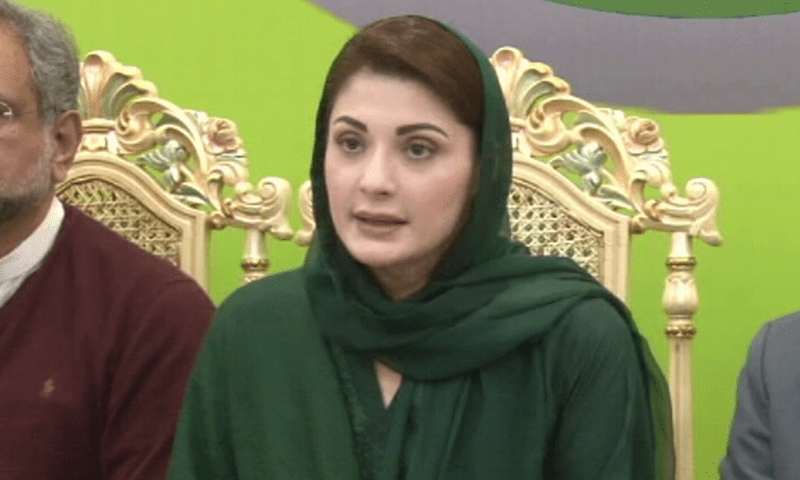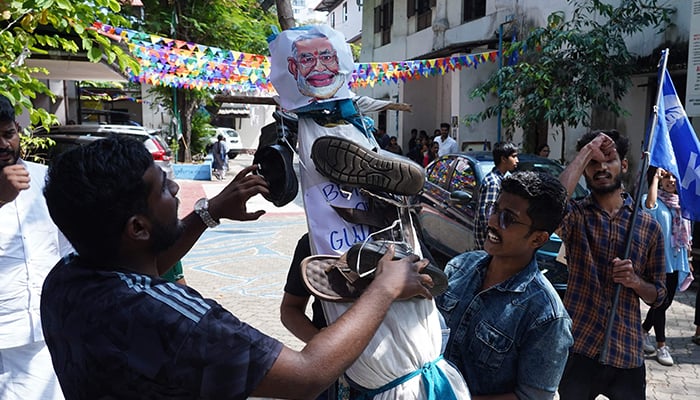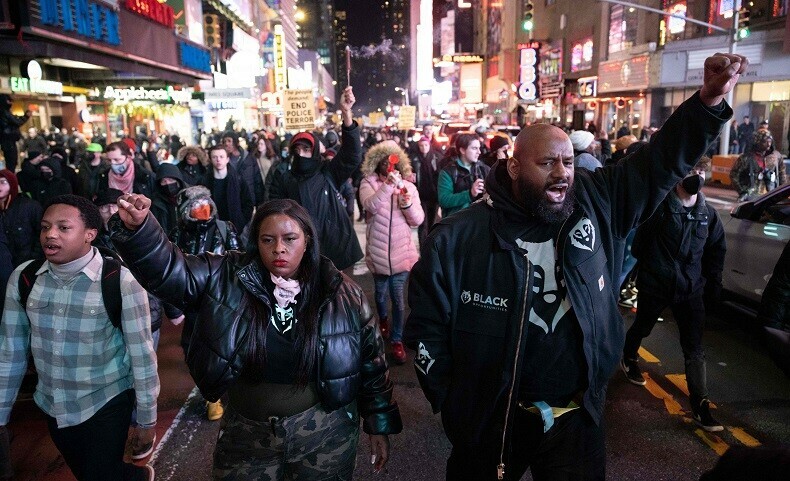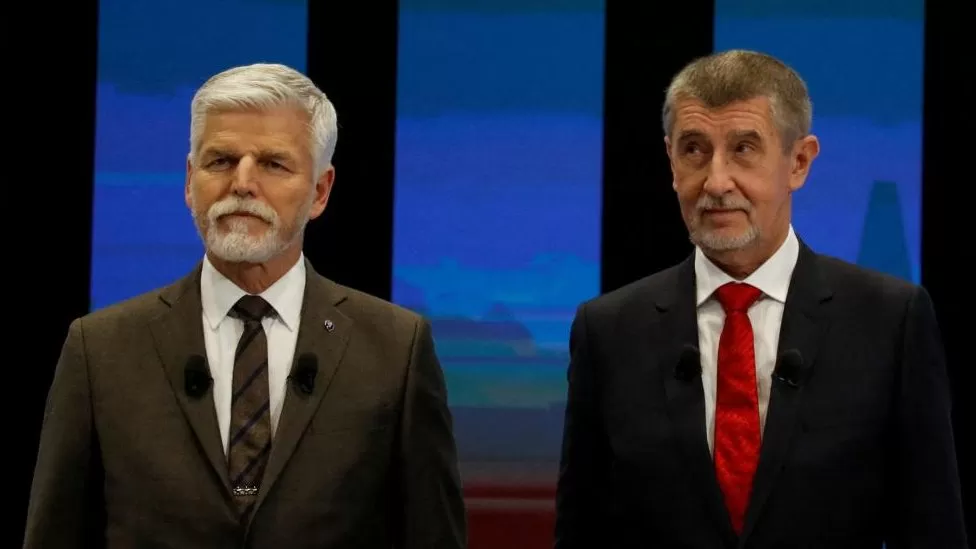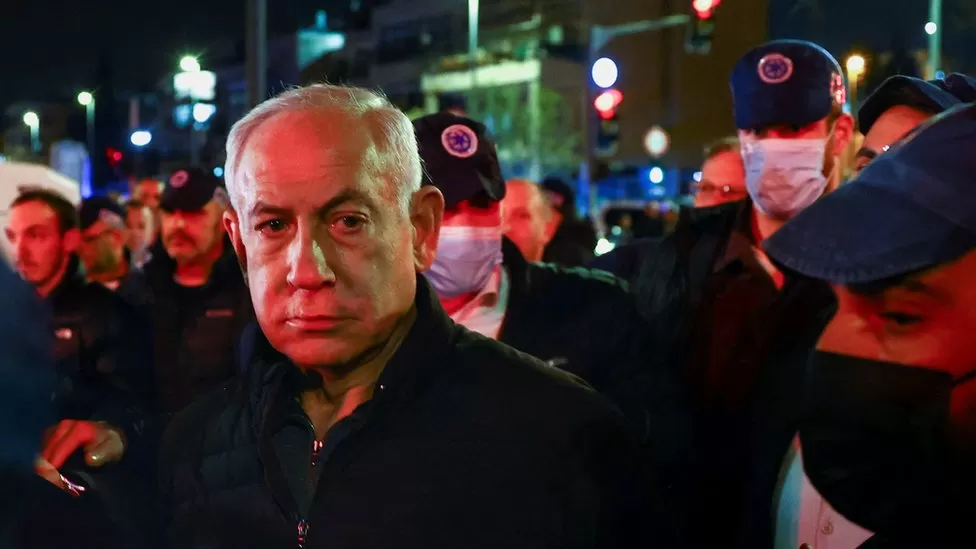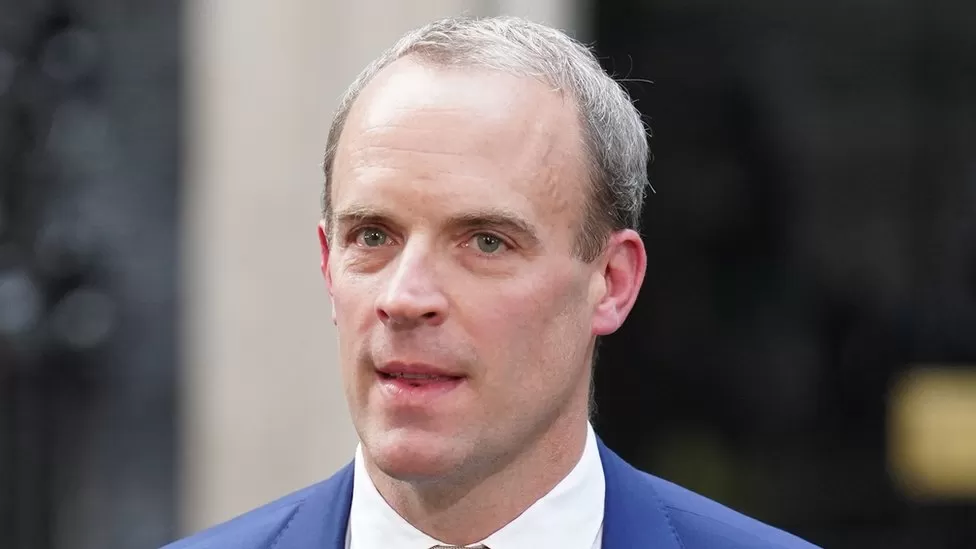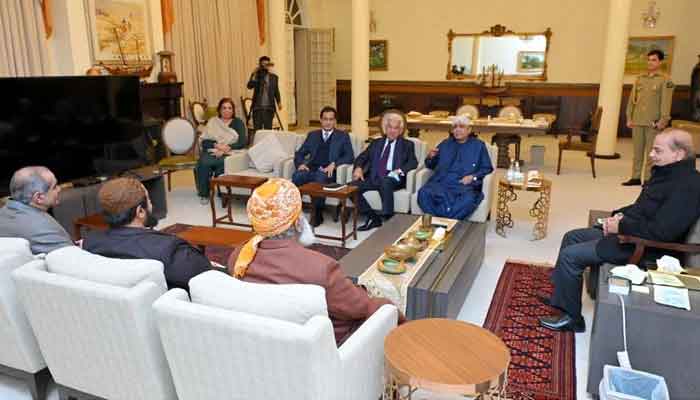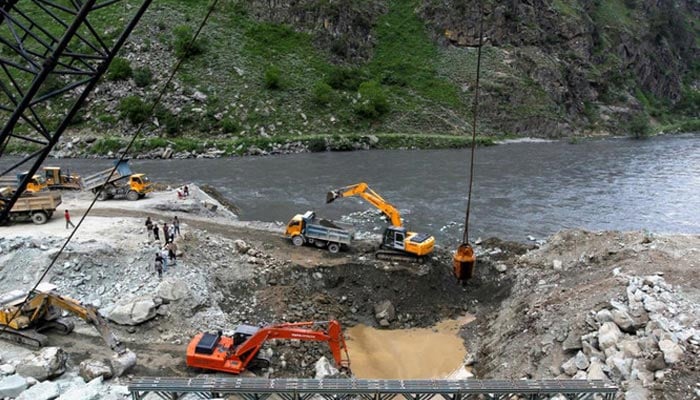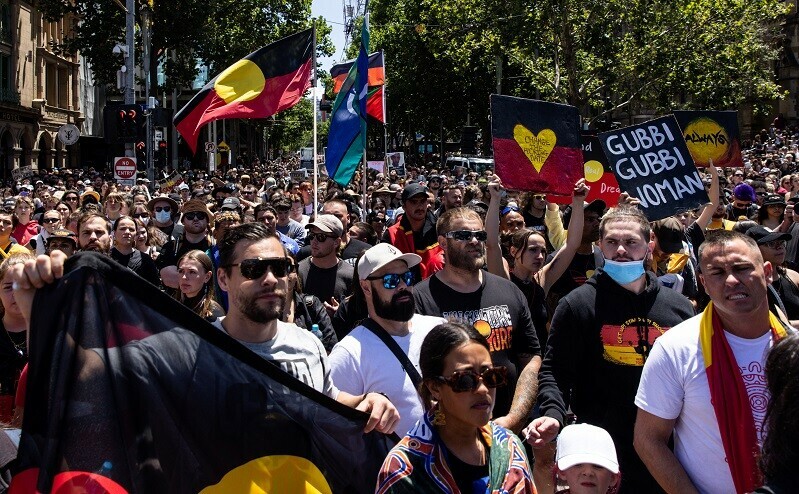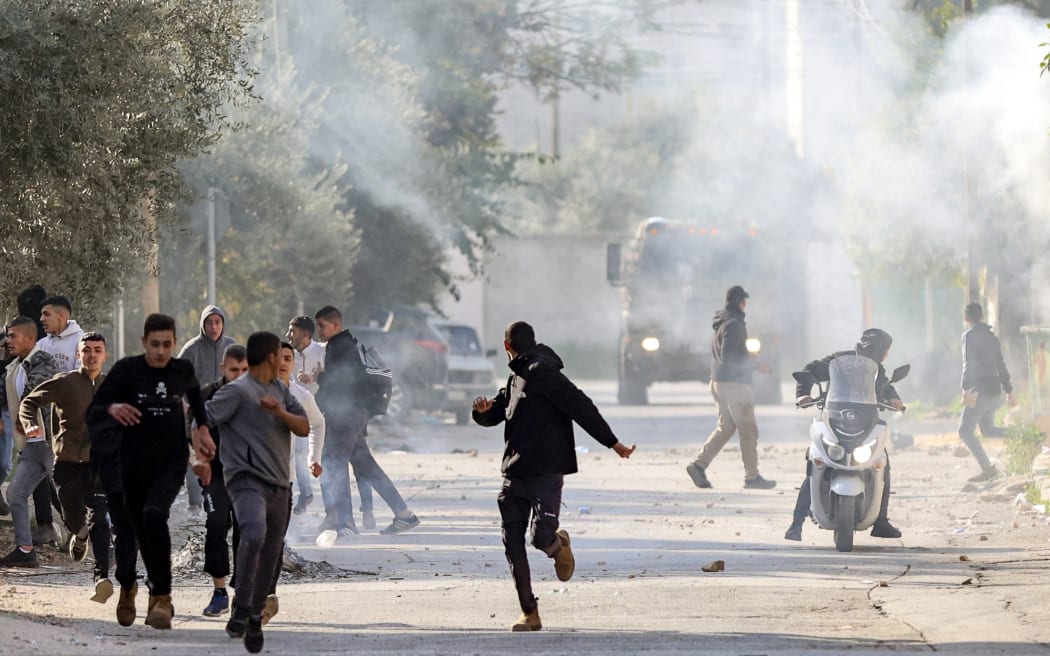In a tweet, Aurangzeb said former premier Nawaz Sharif’s daughter will reach Lahore today by 3pm. “Party leaders, workers and people are eagerly and happily waiting for Maryam Nawaz,” she said. “Maryam Nawaz will return to the country and start the reorganisation of the party.”
The tweet also had a montage video of Maryam.
It comes after Interior Rana Sanaullah announced that she would return on January 28th (today).
Elevation to top role in party hierarchy
On January 3, in a move that was seen as a significant development in terms of the PML-N’s internal politics, Maryam was elevated in the party ranks, making her one of the party’s senior-most leaders in the country.
In a notification, PML-N President Shehbaz Sharif appointed vice president Maryam Nawaz as ‘senior vice president and chief organiser’ of the party with immediate effect. Earlier, former prime minister Shahid Khaqan Abbasi was the only senior vice president of the party.
PML-N chief Shehbaz also authorised her to “reorganise” the party “at all functional levels”.
“Pursuant to the powers conferred under the constitution of the PML-N, the undersigned (Shehbaz Sharif) is pleased to appoint Maryam Nawaz Sharif as senior vice president with immediate effect. She is authorised to reorganise the party at all functional tiers/levels as chief organiser,” the notification says.
PM Shehbaz said in a tweet: “I have appointed @MaryamNSharif as senior vice-president of PML-N. She has the drive, determination & experience to lead the party’s organizational matters. I have no doubts that she will very effectively galvanise our party’s rank & file with the vision of our Quaid Nawaz Sharif.”
Finance Minister Ishaq Dar, who is a relative of Nawaz Sharif’s, was among the first to congratulate his daughter.
“Heartiest congratulations and best wishes for @MaryamNSharif on her appointment as SVP/Chief Organiser of PMLN by the party President @CMShehbaz in consultation with the party Quaid @NawazSharifMNS.”
‘Maryam, not Shehbaz will succeed Nawaz’
Talking to Dawn, a PML-N leader from Punjab termed Maryam’s elevation in the party a clear message from Nawaz Sharif to the Shehbaz camp that she, and not the incumbent premier, would succeed him.
“Eventually, Maryam will head the party as this is the wish of the supreme leader of PML-N (Nawaz). The new positions, especially that of chief organiser, have already empowered her to run the affairs of the party according to her wishes. The influence of Shehbaz Sharif and his son, Hamza Shehbaz, in party matters will diminish in the days to come. She will be the ultimate ‘boss’ in the party,” he predicted, adding that if any senior leader dared challenge her at any point, his fate would be similar to that of Chaudhry Nisar Ali Khan.
Following the 2018 elections, Chaudhry Nisar gradually distanced himself from politics. While it was speculated that this was because he was being wooed by PTI chief Imran Khan — the two went to the same school — some quarters claimed that his beef was with giving Maryam a greater role in the party hierarchy.
Maryam is also said to be keen on taking over the party’s affairs in Punjab, especially after it faced a humiliating defeat in the 2022 by-polls at the hands of Imran Khan’s Pakistan Tehreek-i-Insaf.
Since his defeat at the hands of Chaudhry Parvez Elahi in the chief minister’s election in July, Hamza has also been away from any party activities and for the last several weeks, has been staying in the UK. Speculations are rife within the party that “he is being cut down to size” by his cousin (Maryam).
As the PML-N and PPP are busy making moves in Punjab to stop the provincial assembly’s dissolution, the opposition leader in the house, Hamza, is conspicuous by his absence and questions are being raised about his ’mysterious absence at this important time when his parliamentary party in Punjab needs him the most.
“After assuming the new role, Maryam will be seen calling the shots in Punjab in the party’s parliamentary affairs as well,” the PML-N leader said.
Seeing her growing influence in the party, the PML-N leaders Dawn spoke to did not express a surprise at her elevation.
“Maryam had single-handedly led the party’s election campaign for the last many years, especially in the absence of her father. Besides, she is not only consulted in all important matters of the party but her opinion is given a due weightage,” another leader close to her said and added PM Shehbaz had to fly to London in November last to seek counselling from his elder brother, Nawaz, and niece, Maryam, on the appointment of the army chief.
“Eventually, the decision of Nawaz and Maryam prevailed,” he declared.


